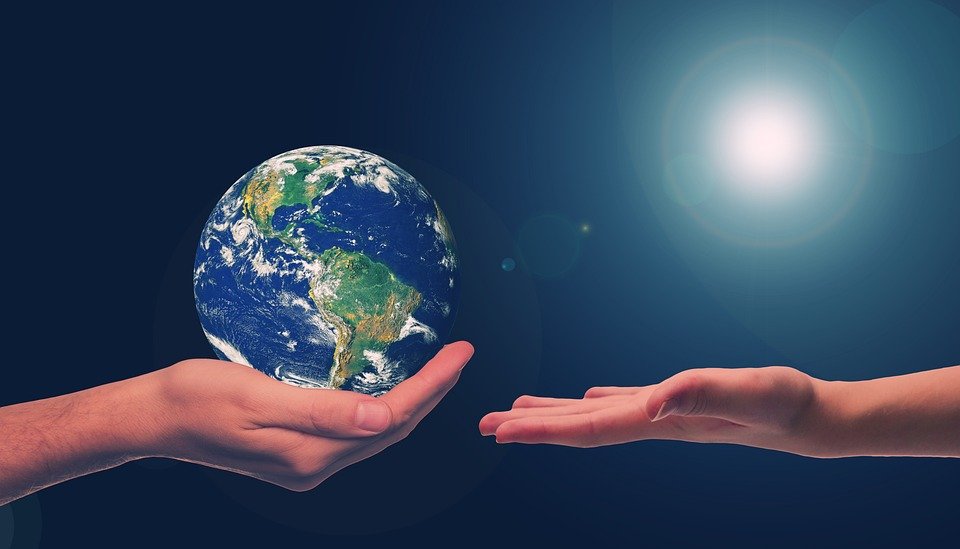The world is constantly evolving, and with it, our society. The cultural shifts we have witnessed in recent years have been nothing short of remarkable. From advancements in technology to changes in social norms, our modern world is a far cry from what it once was. Let’s explore some of the key aspects of this changing face of society.
One of the most noticeable cultural shifts in the modern world is the rapid advancement of technology. The rise of smartphones, social media, and the internet has revolutionized the way we communicate, work, and access information. We are now connected like never before, with the ability to connect with people from all over the globe at the touch of a button. This shift has not only changed the way we interact with each other but also how we consume media, with traditional forms of entertainment being replaced by streaming services and online platforms.
Another cultural shift that cannot be ignored is the changing attitudes towards gender and sexuality. Society is becoming more accepting and inclusive, embracing diversity and challenging previously held norms. LGBTQ+ rights have gained significant traction, with many countries legalizing same-sex marriage and enacting laws to protect the rights of the LGBTQ+ community. Gender roles are also being redefined, with more women entering traditionally male-dominated fields and men taking on caregiving roles. These changes reflect a society that is more open-minded and willing to challenge traditional notions of gender and sexuality.
The rise of feminism and the Me Too movement has also brought about significant cultural shifts. Women are speaking up against harassment and discrimination, demanding equal treatment and opportunities. This has led to a greater awareness of gender inequality and the need for change. The conversation around consent, boundaries, and respect has become more prominent, forcing society to confront and address these issues head-on.
Furthermore, there has been a growing emphasis on mental health and well-being. In the past, mental health was often stigmatized and brushed under the rug. However, in recent years, there has been a shift in attitudes, with mental health being recognized as a crucial aspect of overall well-being. More people are openly discussing their struggles with mental health, leading to increased support and resources for those in need. This cultural shift has also prompted a greater focus on self-care practices and the importance of maintaining a healthy work-life balance.
Lastly, the global pandemic caused by COVID-19 has undoubtedly accelerated certain cultural shifts. The widespread adoption of remote work and online education has changed the way we view and approach traditional work and learning environments. This shift has not only highlighted the importance of adaptability but also the need for digital literacy skills. Additionally, the pandemic has brought to light the inequalities that exist within our society, from access to healthcare to economic disparities. These issues have sparked conversations about the need for systemic change and a more equitable society.
The changing face of society is an ongoing process, driven by various factors such as technological advancements, social movements, and global events. As we continue to evolve, it is crucial to embrace these cultural shifts and work towards creating a more inclusive, equitable, and compassionate society. Only through understanding and embracing change can we truly progress as a global community.

